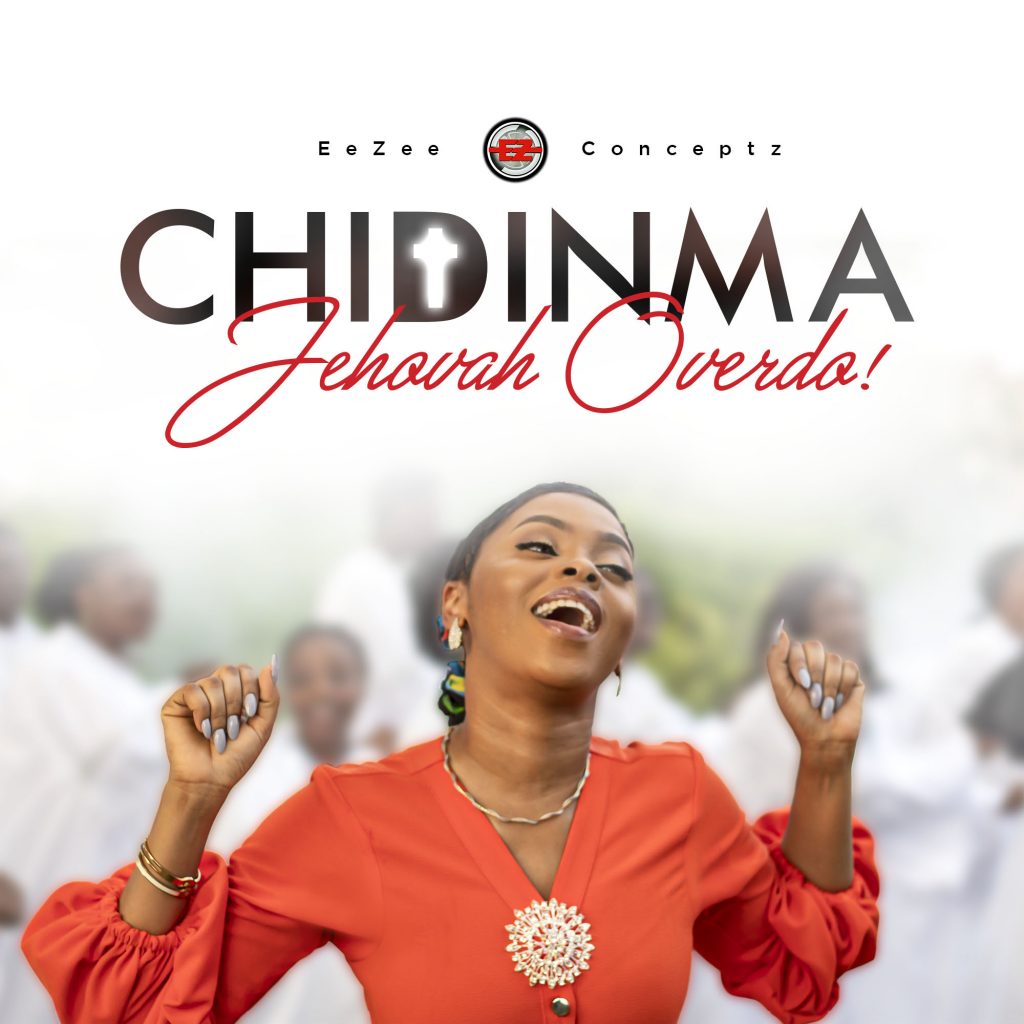 |
| Kefas at Eyana Kpaja |
Kefas Sabo is a
reggae artist that holds the promise of becoming the next big star in Plateau
State and beyond. After watching his music video for his award-winning song
Seventeen Questions, I vowed to meet with him.
Kefas told me
that he was born in Zaria, Kaduna State, his native state. At age six, he moved
to live with his aunt, who worked with a federal health institution, in Plateau
State. Since he moved to Plateau State at a very tender age, all his education
was in Plateau State, starting from primary to the polytechnic, where he
obtained a Higher National Diploma in Mining Engineering.
He discovered
his music talent after joining his church’s band in Barkin Ladi town. In the
band, known as Sammies band, he met talented members such as Iliya, James, and
some other guys who love reggae. His talent became manifest when he was given a
chance to lead the group. He discovered he flowed well, not only with the band,
but with the congregation that resonated with his lead role, sometimes becoming
emotional and crying.
Kefas, who loves
Jamaican Christopher Martin’s reggae crossover, talked about how his songs get
revealed. The songs often come as a bouquet that involves the melody and the
lyrics, while he walks along the road, or when he is alone in a quiet place.
When that happens, he says, he records the melody using his phone. Later he
develops the lyrics fully.
Kefas is
extremely proud of the way his music move people. When he ministered with his
music for the first time, there were two women who sat on the front row. They
laughed at the first line of his songs because it sounded frivolous: “I’m angry
because there is no salt in my meal…” But then, in the course of the song,
there was this line that said, “Someone is crying because he hasn’t got what to
eat…” Kefas said that, after this line, he noticed the expression on the faces
of the women changed; they started crying. At the end of the show, they approached
him and told him he was anointed.
Kefas has enjoyed
some of the rewards of his talent. While at the Eyana
Kpaja Orientation Camp,
during his youth service, he won Airtel’s Copa
Has Got Talent contest, for which he received the sum of N200, 000.00. He also
won the PRTVC/Sauti Lab Award for the Best
Reggae Artist of The Year, 2012. Each time he walks along the road, children
mime his songs and point at him.
Kefas’ songs are rendered in both Hausa
and English. I asked him if he thinks that doesn’t affect the complexion of the
music. He said that, for him, it boils down to ministering. When he sings in
Hausa, he is targeting the large Hausa-speaking population of northern Nigeria,
and when he sings in English, he is targeting the English-speaking population. He
says that one of his songs titled, “Which Image are You,” has been used by an American
pastor, each time he’s preparing to deliver a sermon in the US.
As for challenges, Kefas says he is
facing a challenge that is truly mountainous: a lot of people are telling him
to change his music genre to Nigerian R&B. How he reacts to this challenge
will confirm (or do otherwise) the saying that reggae can bring down Babylon.





